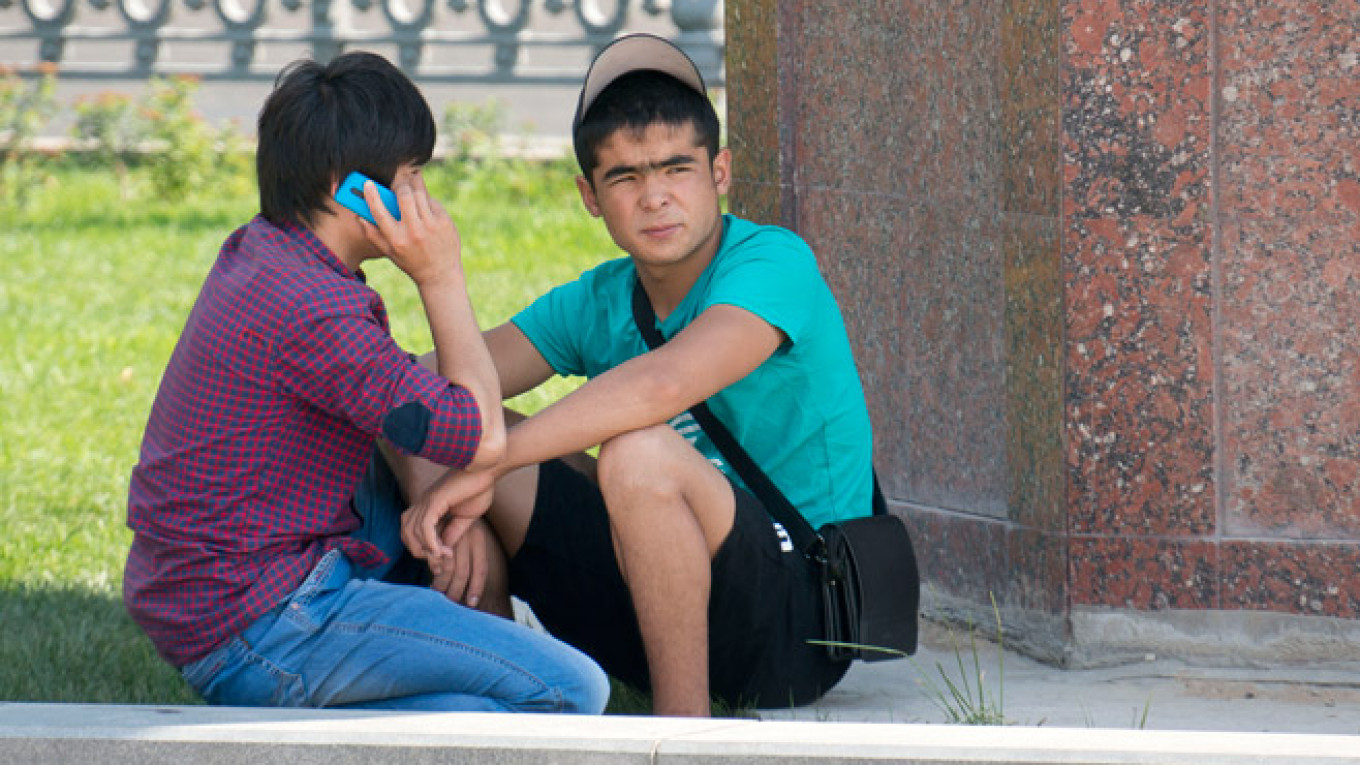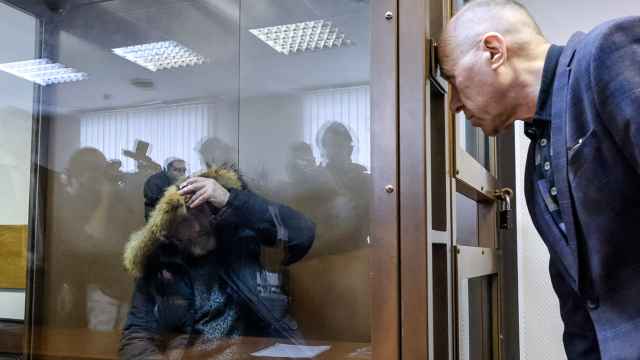Russian authorities have formally approved a list of questions for a civics test that certain foreign workers will have to pass in order to obtain a work permit in the country, Izvestia reported Monday.
Testing Requirements and Exemptions
As of Jan. 1, 2015, foreigners wishing to obtain work permits and find employment in certain industries in Russia will be required to take civics and history exams, in addition to the language tests that have already been required since 2012.
Foreigners exempted from these testing requirements include so-called "highly qualified specialists," a class of foreign workers employed in specific high-demand fields and/or receive a salary at or above 2 million rubles ($55,000) per year, as defined by the Federal Migration Service. That designation carries various advantages, including employment-quota exemptions, residency permits, three-year visas and — in this case — testing exemptions.
Other foreigners exempt from the otherwise obligatory exams will include family members of highly qualified foreign specialists, ethnic Russians who are moving back to the country, disabled foreign nationals, foreign children under 18, men over 65 and women over 60.
Approved Testing Content
The Federal Migration Service and the Education and Science Ministry teamed up to approve 100 questions that will be included among five different versions of the 20-question multiple choice test on Russia's legal and administrative nuances, the People's Friendship University of Russia — which participated in the drafting of the test — told Izvestia.
The test, which can only be conducted on Russian territory, will last 35 minutes and will quiz foreign workers on a range of issues, from Russia's flag, currency and coat of arms, to the ins and outs of registering a marriage or declaring a lost passport.
The test does not strain to steer clear of sensitive cultural nuances. The question about whether a woman is obliged to take her husband's last name — which is not the case in Russia — carries the possible answer: "yes, if the husband so desires." There is only one correct answer, however: "no."
Last week, Izvestia published a version of the history test that migrants will also have to pass in addition to the civics test. The history test queries migrants about which tsar was in power when Crimea joined Russia in the 18th century and about the nickname given to Tsar Ivan IV, who was commonly known as "Ivan the Terrible," among other topics.
See also:
Russian Lawmaker Suspected of Killing Uzbek Road Worker While Drunk-Driving
Contact the author at [email protected]
A Message from The Moscow Times:
Dear readers,
We are facing unprecedented challenges. Russia's Prosecutor General's Office has designated The Moscow Times as an "undesirable" organization, criminalizing our work and putting our staff at risk of prosecution. This follows our earlier unjust labeling as a "foreign agent."
These actions are direct attempts to silence independent journalism in Russia. The authorities claim our work "discredits the decisions of the Russian leadership." We see things differently: we strive to provide accurate, unbiased reporting on Russia.
We, the journalists of The Moscow Times, refuse to be silenced. But to continue our work, we need your help.
Your support, no matter how small, makes a world of difference. If you can, please support us monthly starting from just $2. It's quick to set up, and every contribution makes a significant impact.
By supporting The Moscow Times, you're defending open, independent journalism in the face of repression. Thank you for standing with us.
Remind me later.






